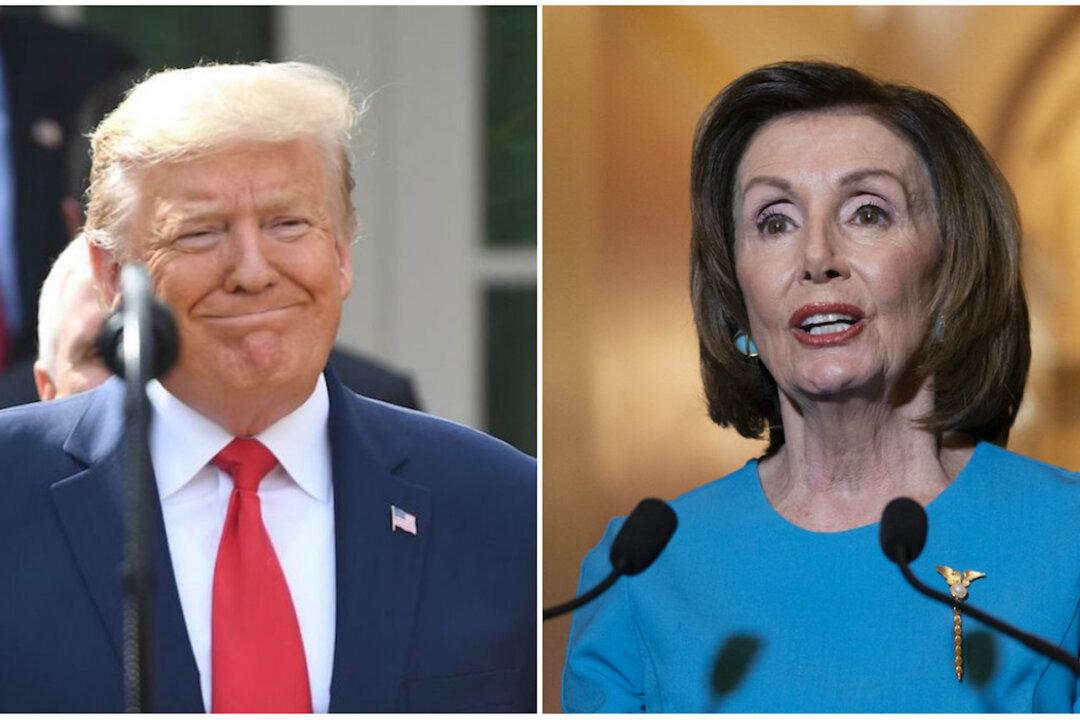Constitutional scholar Jonathan Turley said that the swift impeachment of President Donald Trump over his speech to protesters—some of whom later entered the U.S. Capitol building in the midst of chaos—would be unwise and damage precedent.
“With seeking his removal for incitement, Democrats would gut not only the impeachment standard but also free speech, all in a mad rush to remove Trump just days before his term ends,” Turley, who himself was an impeachment inquiry witness months ago, wrote on The Hill.





